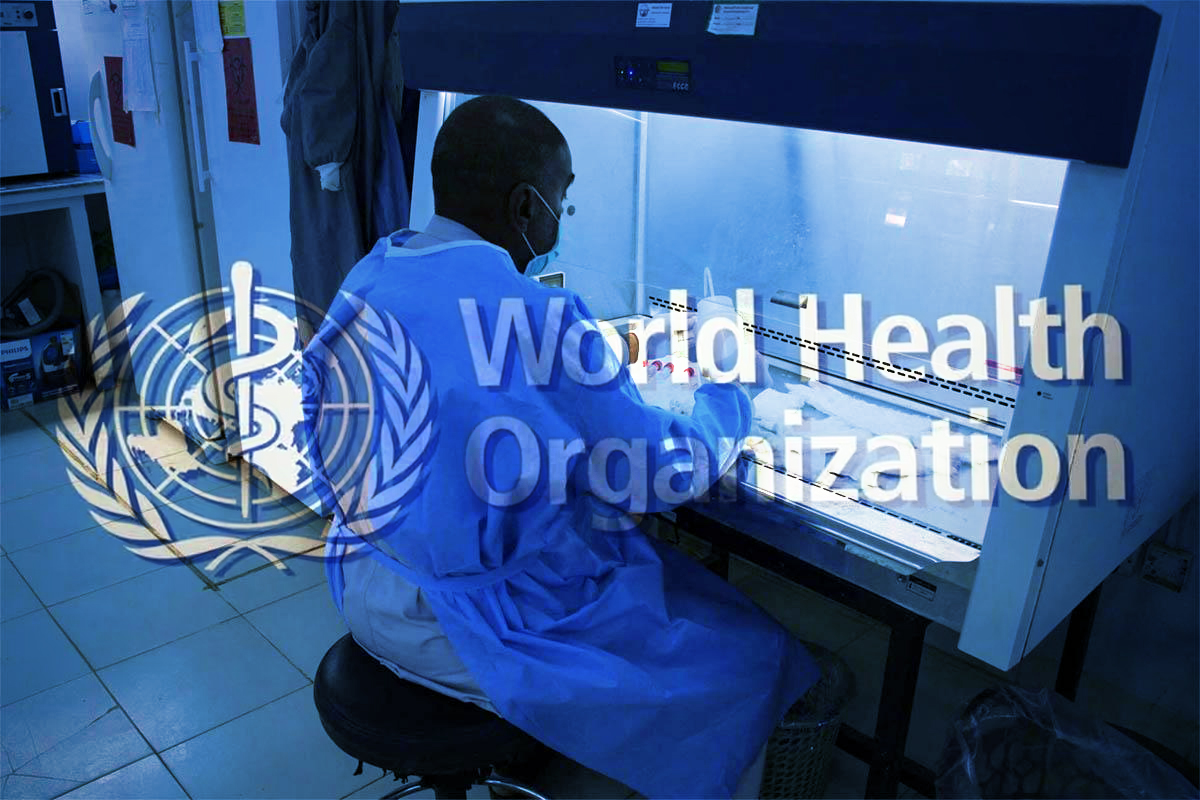The World Health Organization said on Tuesday that there is a "high risk of biological hazard" in the Sudanese capital Khartoum after one of the warring parties seized a laboratory holding measles and cholera pathogens and other hazardous materials.
Speaking to reporters in Geneva via video link from Sudan, the WHO's Nima Saeed Abid said technicians were unable to access the National Public Health Laboratory to secure the materials, according to Reuters.
"This is the main concern: no accessibility to the lab technicians to go to the lab and safely contain the biological material and substances available," he said, declining to specify which side had seized the facility.
Fighting erupted between the Sudanese armed forces and Rapid Support Forces (RSF) paramilitaries on April 15 and has killed at least 459 people and injured 4,072, according to the WHO's latest figures.
The clashes have paralysed hospitals and other essential services, and left many stranded in their homes with dwindling supplies of food and water.
The United Nations humanitarian office (OCHA) has been forced to cut back on some of its activities in parts of Sudan due to intense fighting.
At least five aid workers have been killed since fighting broke out and the two U.N. agencies who lost staff, the International Organization for Migration and the World Food Programme, have suspended their activities.
"In areas where intense fighting has hampered our humanitarian operations, we have been forced to reduce our footprint," said Jens Laerke, spokesperson for the OCHA. "But we are committed to continue to deliver for the people of Sudan."
He said an OCHA team would be leading humanitarian operations out of Port Sudan after transferring from Khartoum.
The U.N. refugee agency warned Tuesday of “further displacement” of people from Sudan after thousands streamed into neighboring Chad and South Sudan despite a tenuous cease-fire between the two warring Sudanese generals battling for control of the country, according to AP News.
Several previous cease-fires have failed, although intermittent lulls during the weekend’s major Muslim holiday allowed for dramatic evacuations of hundreds of diplomats, aid workers and other foreigners by air and land.
Patrick Youssef, the International Committee of the Red Cross (ICRC) Regional Director for Africa, urged other countries to continue pressure on Sudan to find a "long-lasting solution."









